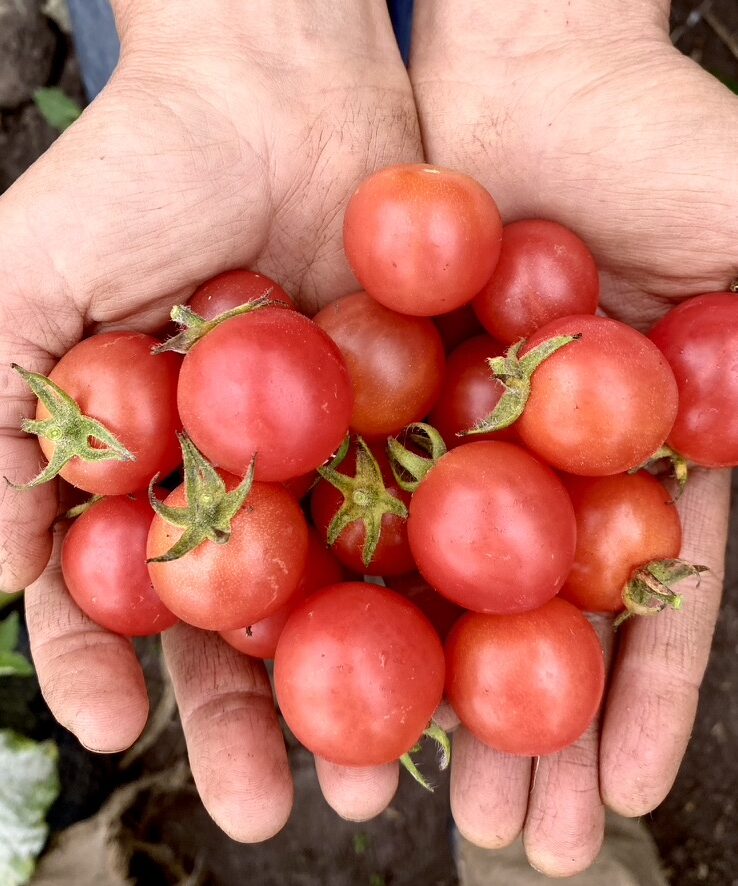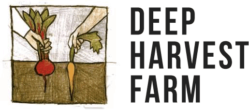Dow, Syngenta, Bayer, DuPont, BASF….what do these company names connote to you? You probably know them as some the world’s largest producers of chemicals, from glyphosate to alka seltzer. These companies, along with a few others, own hundreds of other smaller companies. As a group, they responsible for the majority of chemicals produced on the planet, chemicals that define how we grow food, manage our health, and run our industries. But did you know these companies also pose one of the greatest risks to biodiversity threatening the worlds food supply?
In addition to producing the herbicides, insecticides, and fungicides that commonly drench fields, these companies are increasingly altering and patenting the species and varieties on which these chemicals are sprayed. The playbook often goes as follows. Take a common variety that has been grown, saved and selected on for thousands of generations. Use modern GM tech to alter a single gene or two among the plant’s tens of thousands. Apply for a utility patent which claims you’ve invented a novel product. Force this product on the world’s farmers who now have no financial choice but to stay on this technological treadmill. Use patent law to prevent other farmers, gardeners, independent breeders and universities from saving, sharing, and selling the seed or using the genetic material to breed new varieties for the public commons. If this sounds evil, it’s because it is. While in many cases patents can be used to incentivize and reward creativity, this phenomenon does the opposite. By locking up more genetic material in the hands of multinational corporations, intellectual property laws are preventing hundreds of thousands of farmers and breeders the opportunity to use this gift of nature, this public technology, to further develop varieties that will be important to the future of our species. We’ve heard from many organic seed companies and university breeders that are feeling the chill. But the problem gets even nuttier. Now, many of these companies are applying for patents over entire traits, like pinkness in tomatoes, long necks in broccoli or even, get this…drought resistance! These are traits often governed by the interaction of hundreds of genes in ways nobody completely understands (let alone created). It remains to be seen how well some of these more egregious patents will actually get approved, or more importantly, hold up in court if the company actually sues for infringement. The issue really hit home for us local organic seed producers when another small local seed company received a letter from one of the companies mentioned above. It was essentially a soft threat, stating that they were in pursuit of patenting several broad, vague plant traits, similar to the ones I just listed. A more formal way of saying: you little pesky seed companies better think twice before carrying any varieties that also have those traits, cause they’re ours! Oof. Unfortunately, this is all going to get a lot worse before it gets better. I think the best way to counter this trend is to decentralize the seed sector so completely, with hundreds of thousands more breeders, seed savers, regional seed companies, seed libraries, etc, that such patents could never be feasibly enforced. I like to think we’re playing a tiny role in this project. |
